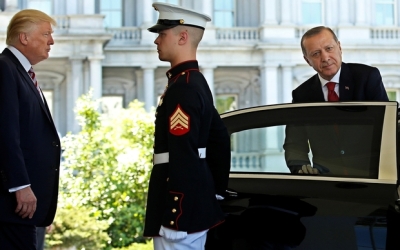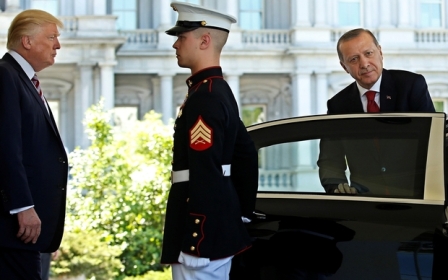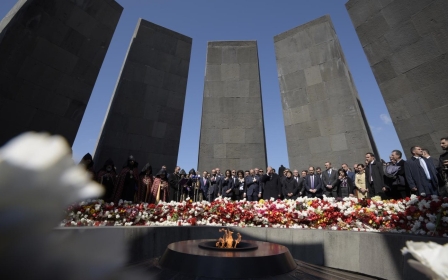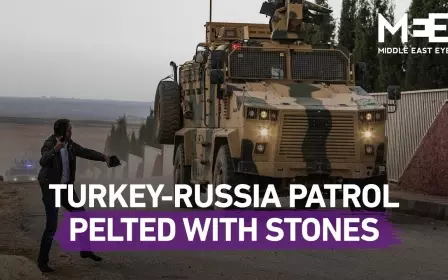US will do 'very best' to keep Turkey in NATO, Trump aide says

The United States will do its "very best" to keep Turkey in NATO, the US national security adviser said on a Sunday TV news programme ahead of a White House visit by President Recep Tayyip Erdogan.
Erdogan's scheduled meeting on Wednesday with President Donald Trump comes amid fraying relations between the two allies, aggravated by Turkey's recent offensive against US Kurdish allies in Syria, AFP reported.
Still, Robert O'Brien, Trump's new national security adviser, suggested in an interview with CBS's "Face the Nation" that keeping Turkey in NATO was of overriding importance to the administration.
"They play a very important role. So losing Turkey as an ally is not something that is good for Europe or for the United States. And we're going to work on making sure that we can do our very best to keep them as a NATO member," he said.
The US House of Representatives voted in late October to sanction Ankara for its assault on Kurdish-controlled territory in northern Syria.
The sanctions measure, which would include a visa ban on Turkey's defence minister if it becomes law, passed in a 403-16 vote.
The same day, the House approved a resolution recognising the "Armenian genocide," in a symbolic but unprecedented rebuke to Turkey.
The bill marked the first time either chamber of Congress has described the killings of Armenians as a genocide.
The House had previously passed a resolution warning Turkey against going through with a purchase of the Russian S-400 air and missile defence system, which Ankara has defiantly ignored.
Asked whether Trump would veto the sanctions against Turkey, O’Brien said, "We have to see what happens."
"If Turkey won't get rid of the 400, Turkey will feel the impact of those sanctions," O'Brien said.
"There is no place in NATO for the S-400 and for Russian purchases, and that's a message that the president will deliver to him very clearly when he is here in Washington."
Middle East Eye delivers independent and unrivalled coverage and analysis of the Middle East, North Africa and beyond. To learn more about republishing this content and the associated fees, please fill out this form. More about MEE can be found here.





